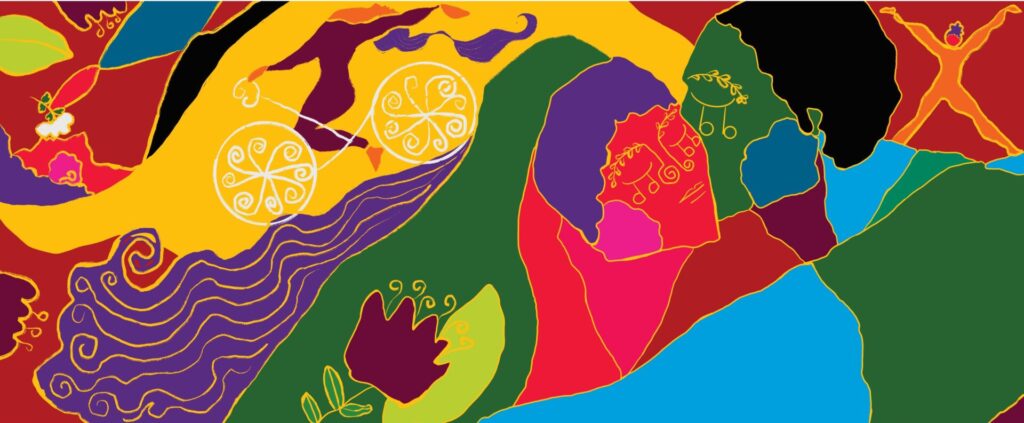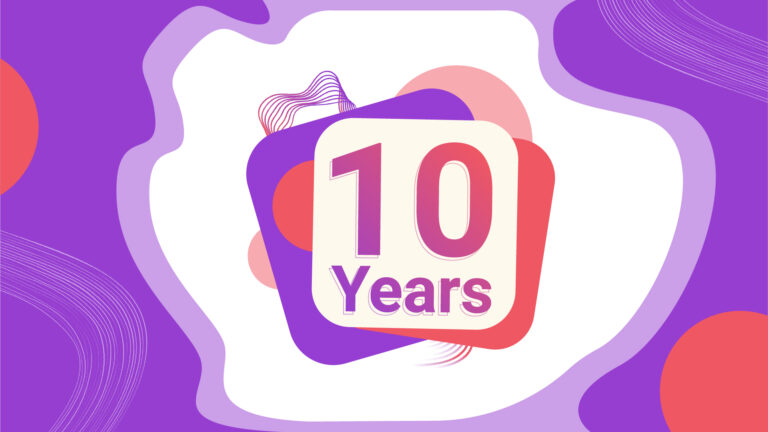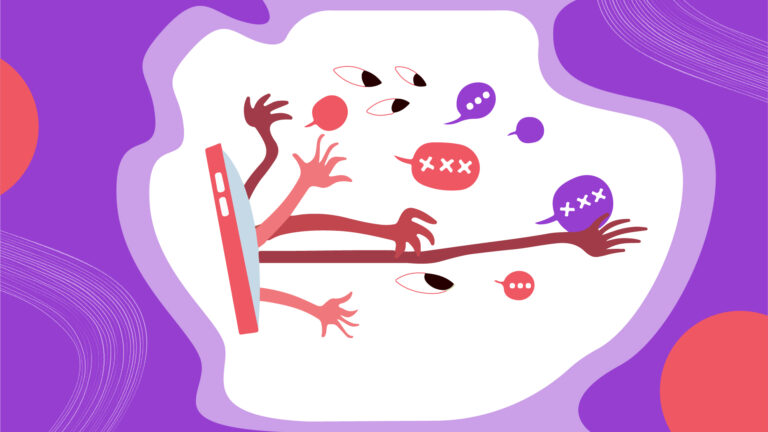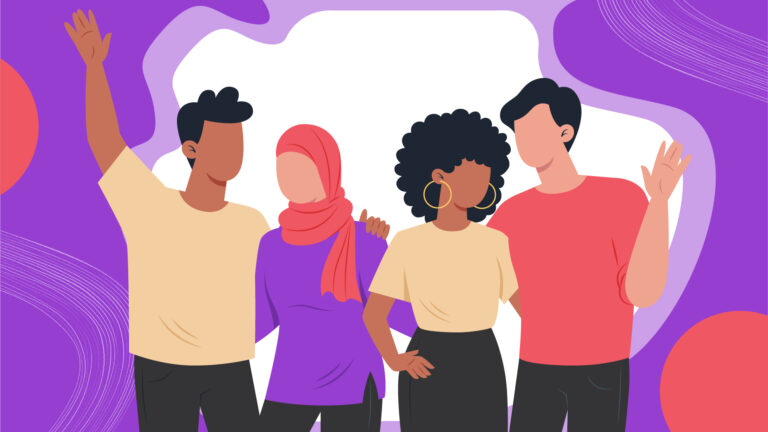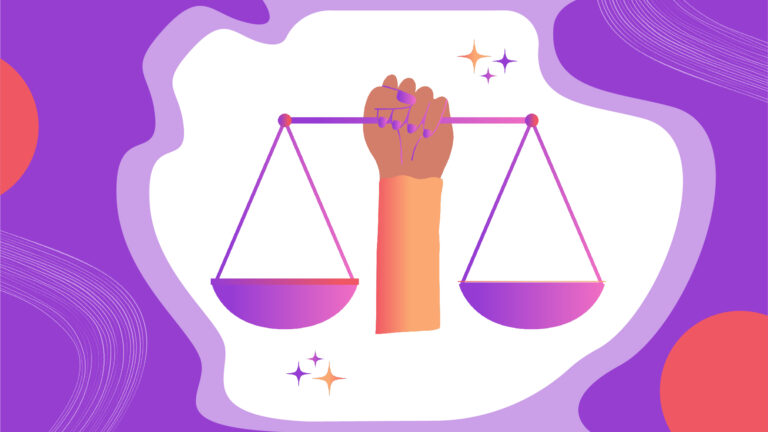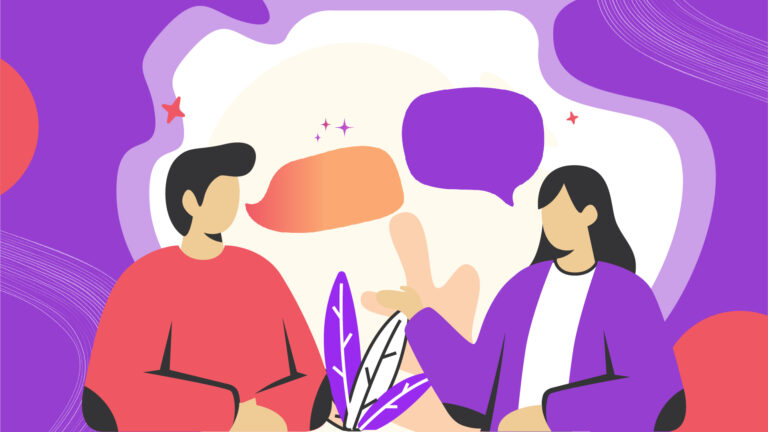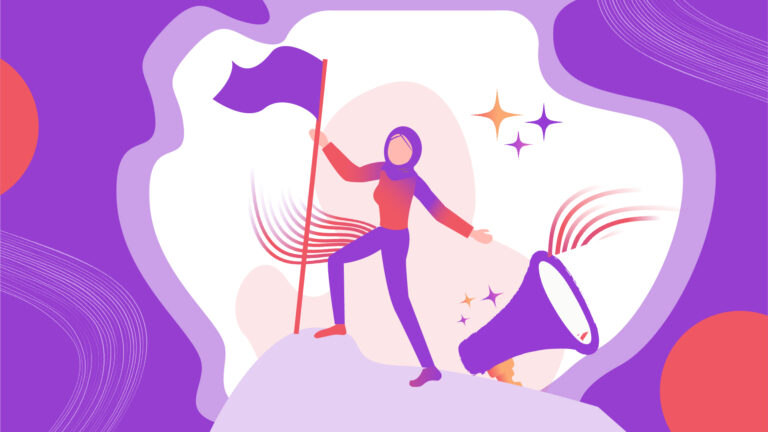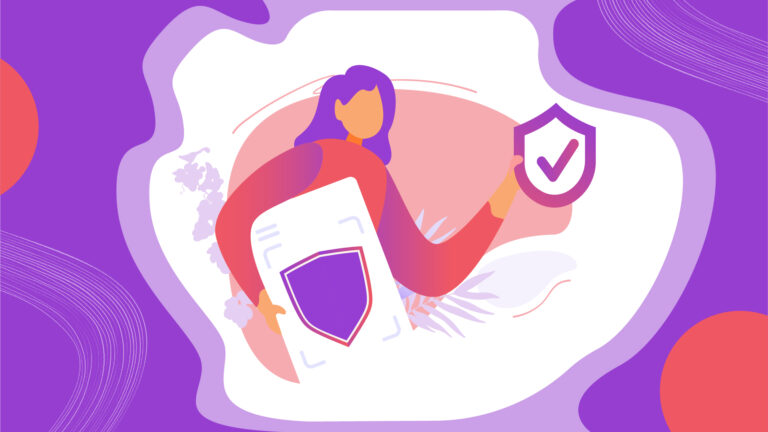Latest News & Updates
Raseef22 Celebrates 10-year Anniversary
In a region where the media is often polarized and controlled by the vested interests of politicians or the business elite, and where media often doesn’t speak to public needs, Raseef22 stands as a beacon of hope. After the Arab Spring, the digital media platform launched as an independent outlet,
7amleh Center publishes a research entitled “Violating Network” on gender-based violence in the Palestinian digital space”
7amleh - The Arab Center for the Advancement of Social Media launched a new research entitled "Gender Violence in the Palestinian Digital Space", which aims to understand and analyze the phenomenon of digital violence against women, and to monitor gender-based violence in the digital space. The research also analyzes the
Youth impact and lead in SRHR – tammy/liwan space
About the Campaign "It's Time to Speak Up" Prepare to be inspired by the youth-led movement aiming to spark positive change in our society. Born out of insights from the research titled, "Trends in Gender-Based Violence Among University Students in Jordan," conducted by the campaign team, this initiative is all
Sexual and Reproductive Health of People with Disabilities: Rights on Hold
Accessing information and education related to sexual and reproductive health in the Arab region presents a real challenge for adolescents and youth. How much more so when discussing the rights to sexual and reproductive health for people with disabilities? The youth population, aged between 15 and 24 years, in the
Creating Connections and Fostering Change – Naya network
Introducing the NAYA Community Cafe in Zarqa Step into a world of camaraderie and inspiration at the all-new NAYA Community Cafe! Nestled in the heart of Zarqa, the space brings youth together to collaborate and create. This vibrant space promises more than just caffeine fixes – it's a sanctuary for
Reflections from a youth leader at Women Deliver
Attending the Women Deliver conference was an experience like no other! Even though it took over 24 hours to travel from Lebanon to Kigali, the experience I had at Women Deliver made it worthwhile. The conference brought together high-level government officials, international organizations, and passionate advocates to discuss gender equality
SMEX’s Digital Safety Helpdesk
SMEX's Digital Safety Helpdesk supports activists, journalists, bloggers, marginalized groups, and human rights defenders affected by cybersecurity incidents and online threats in Arabic-speaking countries. Our main aim is to elevate the capabilities of the online civic space through digital safety tips, rapid response to digital attacks, and threat mitigation.
Test Your Knowledge

Time's up
Frequently Asked Questions
SRHR stands for Sexual and Reproductive Health and Rights.
SRHR encompasses a wide range of issues related to sexual and reproductive health, including access to contraception and family planning, prevention and treatment of sexually transmitted infections (STIs), safe and legal abortion, maternal health, and gender-based violence.
SRHR is important because it is a fundamental human right, and access to sexual and reproductive healthcare services is essential for individuals to be able to make informed decisions about their health, lives, and future.
Key Terms
- Adolescents, youth, and young people
- Patriarchy
- Comprehensive Sexuality Education (CSE)
- Gender
- Reproductive Justice
- Sexual and Reproductive Health and Rights (SRHR)
- Sexual violence
- Social Norms
Adolescents include persons aged 10 to 19 years while youth are persons between 15 to 24 years. Young people cover the age range 10 to 24 years.
A system of power based on the supremacy and dominance of men through the perpetuation of exploitation and oppression of women and people with intersecting identities.
“CSE is curriculum-based process of teaching and learning about the cognitive, emotional, physical, and social aspects of sexuality.
Gender refers to the characteristics and roles that societies attribute to women and men respectively. Gender is not ‘natural’ – it is constructed by societies.
Reproductive justice is when all people have the social, political and economic power to enjoy their right to bodily autonomy and sexual and reproductive self-determination.
Sexual and reproductive health is a state of physical, emotional, mental, and social sexual and reproductive wellbeing in relation to all aspects of sexuality and reproduction, not merely the absence of disease, dysfunction, or infirmity.
Sexual violence is a type of gender-based violence and is any sexual act, attempt to obtain a sexual act, unwanted sexual comments or advances or acts to traffic, or otherwise directed against a person’s sexuality using coercion or manipulation, by any person regardless of their relationship to the survivor, in any setting. Rape, sexual assault and sexual exploitation are all forms of sexual violence.
Social norms are collective beliefs about typical and appropriate behaviour that are held by a group of people and often enforced by social sanctions/rewards.
